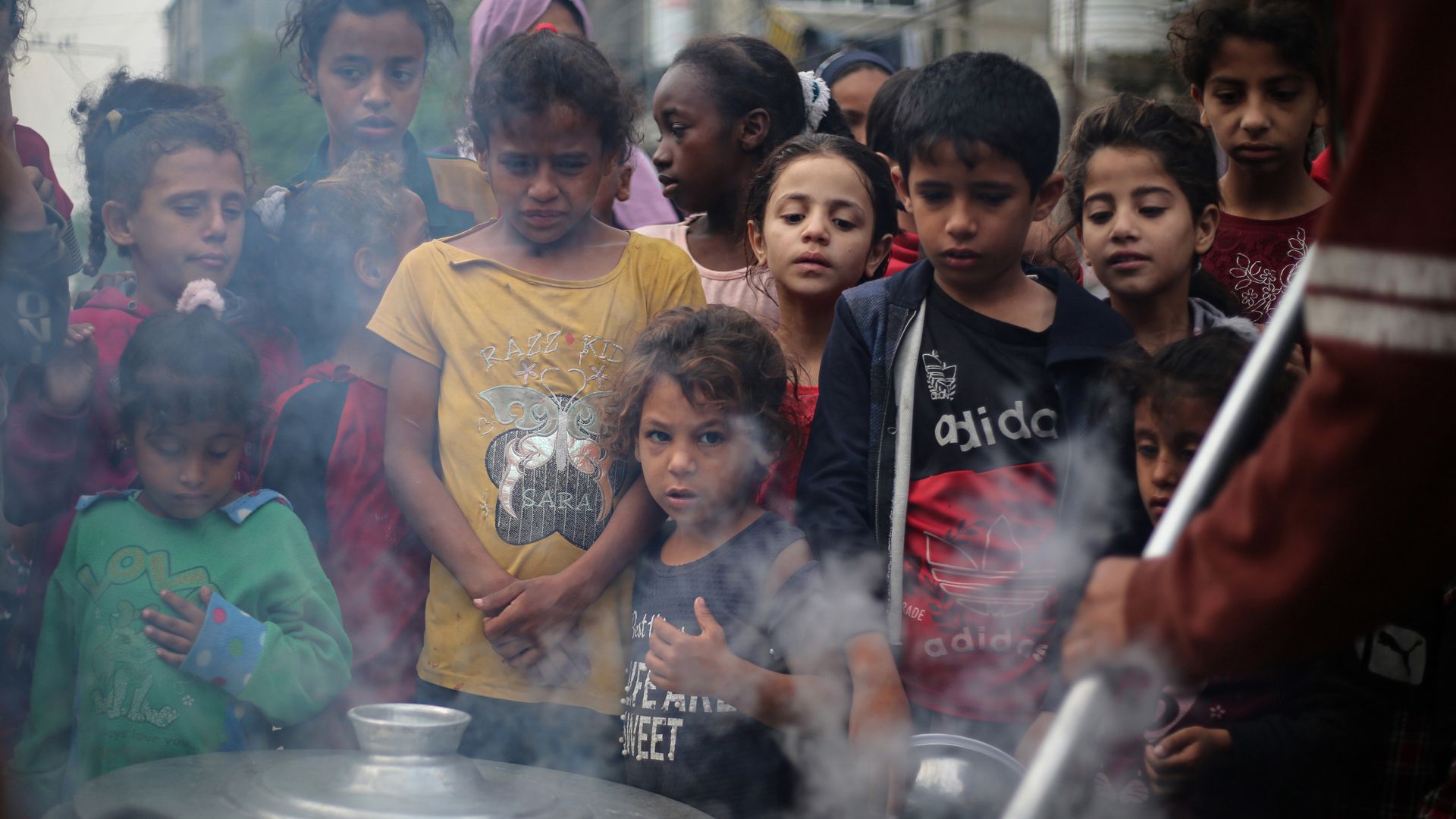Occupied Palestinian territory and Near East
Switzerland’s approach in the Near East is based on the vision of two democratic states, Israel and Palestine, living side by side within secure, recognised borders, as enshrined in the resolutions of the United Nations (UN) Security Council. Switzerland’s humanitarian aid protects the lives and health of human beings, while its development cooperation promotes innovation and creates career prospects for the youth.

Context Occupied Palestinian territory and Near East
Switzerland remains very concerned about the situation in the Near East, and has repeatedly called on all parties to protect the civilian population and to respect international humanitarian law. In view of the devastating humanitarian consequences of the conflict, in 2023 Switzerland earmarked a further CHF 90 million for humanitarian aid, CHF 81 million of which was for the occupied Palestinian territory and the remainder for the surrounding region. The funds were channelled to the International Red Cross and Red Crescent Movement, the UN and Swiss civil society organisations. These organisations offer protection and shelter to those affected, provide them with basic foodstuffs, medicines and hygiene products, and are active in the areas of water supply and sanitation. In addition, CHF 10 million was allocated in June to the emergency appeal of the United Nations Relief and Works Agency for Palestine Refugees in the Near East (UNRWA). This contribution was limited to the Gaza Strip, covering the most urgent basic needs such as food, water, shelter, primary healthcare and logistics. In view of the resurgence of polio in the Gaza Strip, Switzerland also contributed CHF 1 million to the vaccination campaign organised by the UN.
The SDC has been active in the occupied Palestinian territory for decades and is committed to meeting humanitarian needs. It is also supporting the economic and social development of the population.
Switzerland supports inclusive dialogue and contributes to strengthening human rights and compliance with international law. With its humanitarian aid based on humanitarian principles, it aims to protect people’s lives and health, open up prospects and create sustainable livelihoods. Switzerland uses its expertise to promote potential innovation in the occupied Palestinian territory in cooperation with the private sector. It is also committed to women’s rights and gender equality.
Conflict prevention and peacebuilding
Switzerland creates space for dialogue between communities and political and religious dignitaries and decision-makers in order to build trust and enable equal forms of coexistence to take place. It supports the feasibility of the two-state solution and promotes the conditions for inter-Palestinian reconciliation and national unity.
Protection and governance
Switzerland works to ensure that the human dignity of the most vulnerable population groups is protected, particularly in the context of discrimination and illegal settlement expansion. It campaigns for the rights of the Palestinian population to health, access to water and natural resources. Gender equality is promoted through local actors who employ advocacy, legal aid and psychosocial support to combat gender-based violence. Switzerland also supports humanitarian actors and human rights organisations. At the local level, Switzerland promotes social inclusion and the improvement of basic services by strengthening the capacities of communities and supporting broad participation in decision-making processes. In line with the nexus between development cooperation and humanitarian aid, humanitarian actors and the UN complement these activities with services in the education, health and water sectors.
Inclusive economic development
Switzerland helps to maintain jobs and create new employment opportunities, especially for young people and women. The focus is on the agricultural and food industry, which employs 25% of the workforce. Partnerships with the private sector promote the acquisition of skills that make it easier to enter the labour market. Switzerland also supports initiatives and start-ups that promise high employment potential and a strong social impact. Partnerships with Swiss stakeholders, in particular with universities, institutes of innovation and the private sector, as well as with relevant regional stakeholders, are being sought.
Approach and main partners
Switzerland’s approach in the Near East is based on the vision of two democratic states, Israel and Palestine, living side by side within secure, recognised borders, as enshrined in the resolutions of the UN Security Council. Switzerland relies on a complementary and flexible combination of partnerships with international organisations such as the UN, international financial institutions, the International Committee of the Red Cross (ICRC), and the Food and Agriculture Organization (FAO) of the UN. Switzerland’s most important partners in the Near East also include international, local and Swiss civil society organisations, national authorities and other local public and private partners (e.g. universities, technology parks and professional associations). UNRWA is an important multilateral organisation that provides education, medical care and social protection to refugees in Gaza and the West Bank. In the occupied Palestinian territory, partnerships with like-minded countries are being sought. Switzerland also participates in the coordination mechanisms of humanitarian donor organisations. When selecting partners, attention is paid to compatibility with the values and priorities of Swiss foreign policy as well as to professionalism, efficiency and effectiveness. Support for all partners is subject to strict monitoring.
Contact
Eichenweg 5
3003 Bern




